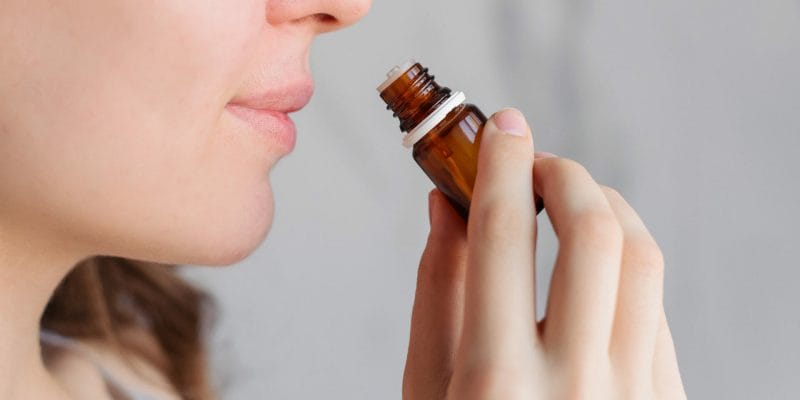Yesterday, for Anosmia Awareness Day, we talked about how a reduced sense of smell is a common symptom of patients with COVID-19. While most people will get it back in a few weeks, some people are not as lucky. This can worsen quality of life, including the ability to enjoy food and appreciate pleasant scents such as flowers or perfumes. There are also safety concerns including the inability to smell smoke, natural gas or spoiled foods.
As more people experience reduced sense of smell following recovery from COVID-19, people are increasingly asking their doctors: “What can I do to help improve my sense of smell?”
In years past, the answer was often “not much”. Sometimes, topical nasal sprays or various other medications were offered, but the evidence to support the use of these medications was not very good. However, there is increasing evidence that we might be able to “train” our sense of smell to work better.
Olfactory training therapy is an intervention that has enjoyed increasing recognition and utilization. Taking advantage of the resilience of the nerves which are responsible for sense of smell, olfactory training utilizes essential oils with well-known scents to re-train the olfactory system. Training is typically completed over 2-3 months and consists of practicing smelling various known essential oils 2-3 times per day. A number of studies have demonstrated the effectiveness of olfactory training therapy when smell loss is caused by viruses, such as in the case of COVID-19. In fact, a recent study examined several treatments for smell loss caused by viruses and found that olfactory training had the best evidence to support its effectiveness.
If you have experienced smell loss, consider asking your doctor if olfactory training may help you!

